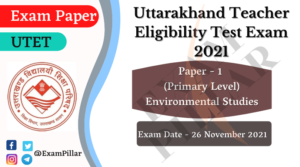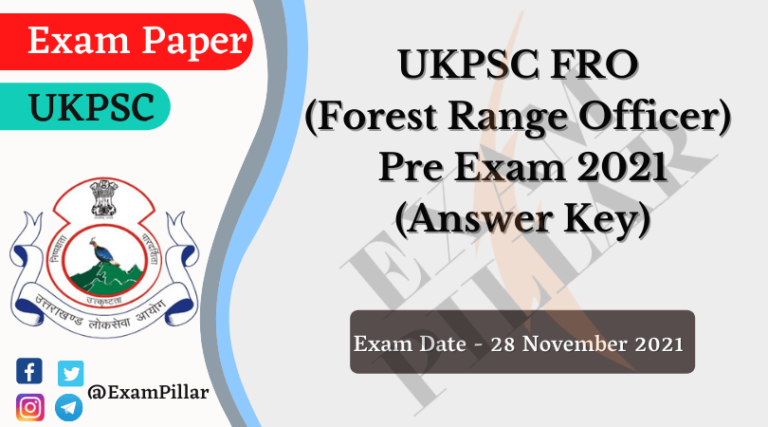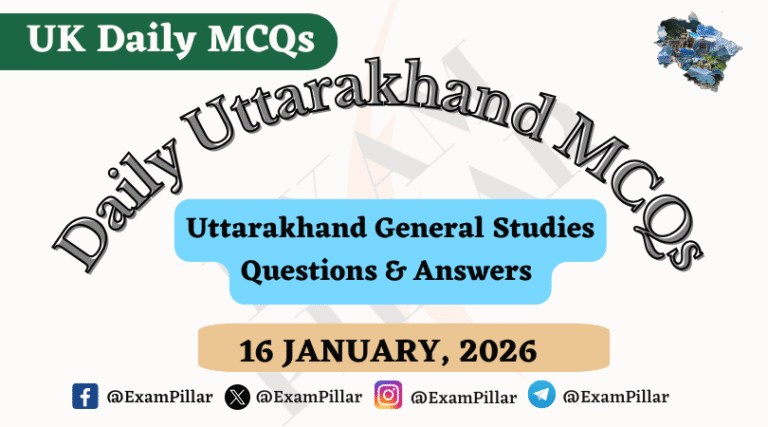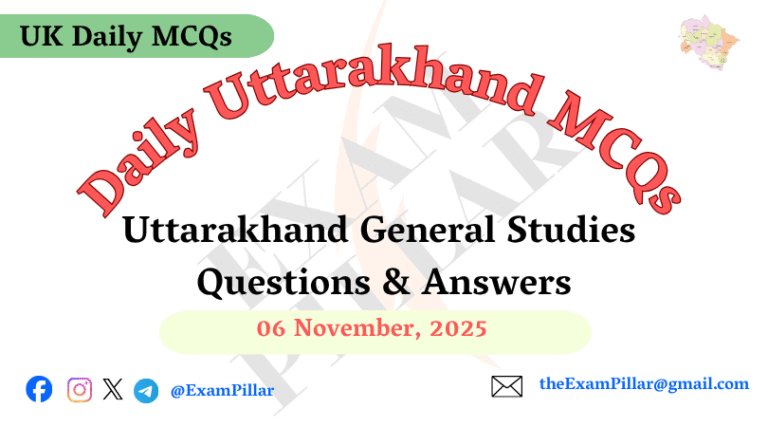136. Which is the first stage in the process of a species becoming irreversibly extinct?
(A) Ecological extinction
(B) Mass extinction
(C) Local extinction
(D) Biological extinction
Click To Show Answer/Hide
137. Which of the following statements is true with regard to water on the global scale?
(A) There is not enough water available per capita.
(B) We cannot reuse water.
(C) There is a lot of water and yet there is scarcity.
(D) The total amount of water in the world is constantly decreasing in quantity.
Click To Show Answer/Hide
138. Which one of the following fuels causes minimum environmental pollution?
(A) Diesel
(B) Coal
(C) Hydrogen
(D) Kerosene
Click To Show Answer/Hide
139. Which one of the following is an abiotic component of the ecosystem –
(A) Plants
(B) Fungi
(C) Humus
(D) Bacteria
Click To Show Answer/Hide
140. Excessive exposure of humans to UV-rays results in –
(i) damage to immune system
(ii) damage to lungs
(iii) skin cancer
(iv) peptic ulcers
(A) (i) and (ii)
(B) (ii) and (iv)
(C) (i) and (iii)
(D) (iii) and (iv)
Click To Show Answer/Hide
141. Flupride pollution mainly affects –
(A) Teeth
(B) Heart
(C) Kidney
(D) Brain
Click To Show Answer/Hide
142. The type of pollution which is likely to affect Taj Mahal in Agra to a greater extent is –
(A) air pollution
(B) water pollution
(C) soil pollution
(D) noise pollution
Click To Show Answer/Hide
143. Disposable plastic plates which are thrown away after eating food, should not be used because –
(A) they are made of materials with light weight.
(B) they are made of toxic materials.
(C) they are made of biodegradable materials.
(D) they are made of non-biodegradable materials.
Click To Show Answer/Hide
144. The most rapidly dwindling natural resource in the world is –
(A) water
(B) forests
(C) wind
(D) sunlight
Click To Show Answer/Hide
145. The basic objective of educational excuration in EVS is –
(A) to develop the energy of children
(B) first hand experience to the students
(C) to promote socialisation
(D) to promote team spirit
Click To Show Answer/Hide
146. Meaning of environmental education is
(A) to engage students with burdensome schedule
(B) aware children about environment
(C) to entertain children
(D) to save environment from pollution through education
Click To Show Answer/Hide
147. After the lunch break, while teaching EVS, you find that students are not taking interest in the lesson. What would you do?
(A) Use audio-visual aids based on multiple intelligence to make the lesson interesting.
(B) Change the topic immediately.
(C) Take the children out to play in the ground.
(D) Ask them to put their heads down on the desk and relax.
Click To Show Answer/Hide
148. Higher priority and space has been given in NCERT textbooks on EVS to –
(A) Explain basic concepts of the subject
(B) Provide opportunities to learners for contemplation and wondering.
(C) Provide exact definitions of technical terms.
(D) Include large number of practice questions.
Click To Show Answer/Hide
149. Aanchal frequently asks probing and imaginative questions in her Class V of EVS. By doing so, she aims at improving
(A) Observation skills
(B) Emotional Skills
(C) Thinking Skills
(D) Speaking Skills
Click To Show Answer/Hide
150. A teacher asks every child to use some waste material from their homes and make something useful out of it. The pedagogical intention of the teacher is not to –
(A) Judge the best student of the class.
(B) Develop creativity among children.
(C) Make children understand the concept of recycle, reuse and reduce.
(D) Organize an exhibition of best articles made out of waste.
Click To Show Answer/Hide
| Read Also : |
|---|





Leave a Reply